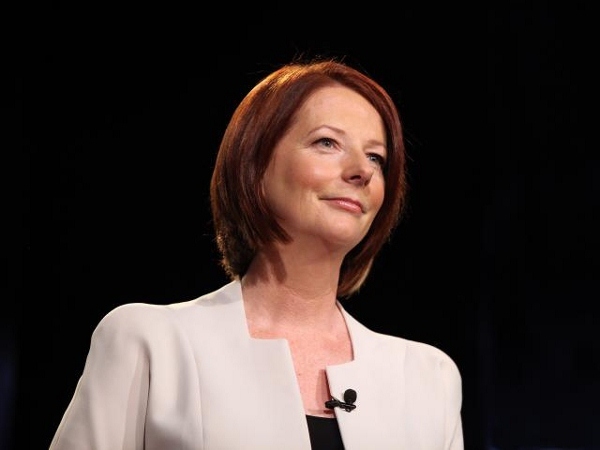The Western Australian Electoral Commission had barely begun chalking the corpse of the Labor opposition on Saturday night when pundits and pollies alike began to discuss what the result meant for the meatier contest due in September.
Politicians past and present seemed to agree that much of the blame for the lopsided result lay at the feet of Prime Minister Julia Gillard—an extremely unpopular figure throughout the state.
But how relevant was the outcome of this state election to Labor’s prospects in the Federal one, due in September?
Western Australia has not represented a strong foothold for Labor, federally, for some time. Their control over the state has steadily dwindled since the 1990 election, when they won eight seats, to 2010, when they were reduced to three.
Despite the landslide result, the ABC’s Antony Green seemed confident that Saturday’s election would not endanger any Labor’s three remaining Federal seats.
But, as recent polling continues to indicate, Gillard faces an uphill battle in other state, not only to win back seats lost in 2010, but also to retain previously safe seats now in danger.
The Prime Minister clearly understands that time spent trying to win Western Australia is time wasted, and instead has consistently developed policies that ignore the state and attempt to appease the rest of the nation.
The minerals resource rent tax and the carbon tax were both destined to draw anger from a resource-rich Western Australia in the middle of a historic mining boom.
This dissatisfaction clearly played a role in Saturday’s voter backlash against the Labor party.
Premier Barnett shapes this election as a chance for Western Australians to exact revenge against Gillard through the state branch of the Party.
If this result was an early referendum on Labor’s Federal policy platform, the signs are ugly for the Party.
But the truth is that the issues that drove the huge swing on Saturday are more relevant in Western Australia than elsewhere in the nation. The aforementioned taxes doomed Labor to failure in the west—a causality that does not exist in the south eastern states.
As such, the state election outcome does not mean that Labor faces a Federal wipe-out as a result of their mining reforms. But it will create waves, and it will make life difficult for Gillard in other ways.
As the nation’s journalists watched Labor get washed out of the west, their attention turned back to leadership speculation, perhaps energised by the deposition of Ted Baillieu in Victoria.
Such leadership speculation has become Australia’s national pastime over the past three years, and in this case it’s a fairly logical reaction.
Federal Labor ministers have been staring down the barrel of electoral immolation for more than twelve months, and as such, seeing their expected fate play out in Western Australia will presumably agitate the internal discussions surrounding a leadership spill.
In combination with a series of dire polling results (expected to continue over the next fortnight), Labor’s demise in Western Australia has put Gillard under renewed pressure. The coming weeks promise to be particularly challenging for the Prime Minister, and how she handles the problems they present will be telling.
 Eric George is a postgraduate journalism student at La Trobe University, you can follow him at @ericpaulgeorge.
Eric George is a postgraduate journalism student at La Trobe University, you can follow him at @ericpaulgeorge.







